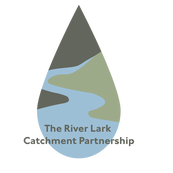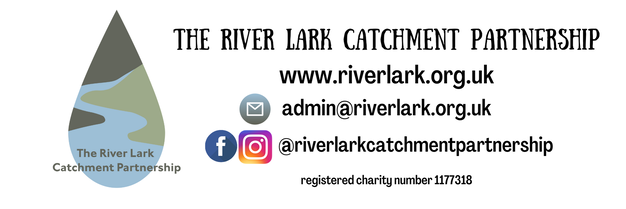Engaging with the Water Framework Directive
The Water Framework Directive (WFD) is a European Directive which came into effect in 2003, establishing a legal framework for the protection and promotion of sustainable water management of surface waters (including coastal waters out to one nautical mile) and groundwater.
Local Authority Officers have a statutory duty to deliver Water Framework Directive (WFD) objectives and this provides them with the opportunity to play a key role in delivering a high-quality water environment.
The WFD requires all inland and coastal waters to achieve “good” status through a catchment-based system of River Basin Management Plans (RBMPs) which describe the quality of water bodies, the pressures they face and the actions needed to meet WFD objectives of ‘good’ water body status.
Each of river basin district has its own River Basin Management Plan (RBMP), with objectives and priorities enabling a geo-specific focus on the protection, improvement and sustainable use of the water environment. River basin management is a continuous process of planning and delivery and the WFD uses a series of 6-year cycles.
Ensuring a sustainable approach to managing the water environment must be at the forefront of decision making across all local authority departments – this is not only linked to statutory duties but moreover, it is clearly a common sense approach.
A collaborative project between Dorset Wildlife Trust and Nottinghamshire Wildlife Trust has produced a number of resources to aid local authority officers in understanding their duties under the Water Framework Directive and how they can apply this to their everyday work.
https://catchmentbasedapproach.org/wp-content/uploads/2018/10/engaging-with-the-water-framework-directive.pdf
Local Authority Officers have a statutory duty to deliver Water Framework Directive (WFD) objectives and this provides them with the opportunity to play a key role in delivering a high-quality water environment.
The WFD requires all inland and coastal waters to achieve “good” status through a catchment-based system of River Basin Management Plans (RBMPs) which describe the quality of water bodies, the pressures they face and the actions needed to meet WFD objectives of ‘good’ water body status.
Each of river basin district has its own River Basin Management Plan (RBMP), with objectives and priorities enabling a geo-specific focus on the protection, improvement and sustainable use of the water environment. River basin management is a continuous process of planning and delivery and the WFD uses a series of 6-year cycles.
Ensuring a sustainable approach to managing the water environment must be at the forefront of decision making across all local authority departments – this is not only linked to statutory duties but moreover, it is clearly a common sense approach.
A collaborative project between Dorset Wildlife Trust and Nottinghamshire Wildlife Trust has produced a number of resources to aid local authority officers in understanding their duties under the Water Framework Directive and how they can apply this to their everyday work.
https://catchmentbasedapproach.org/wp-content/uploads/2018/10/engaging-with-the-water-framework-directive.pdf
| engaging-with-the-water-framework-directive.pdf |


